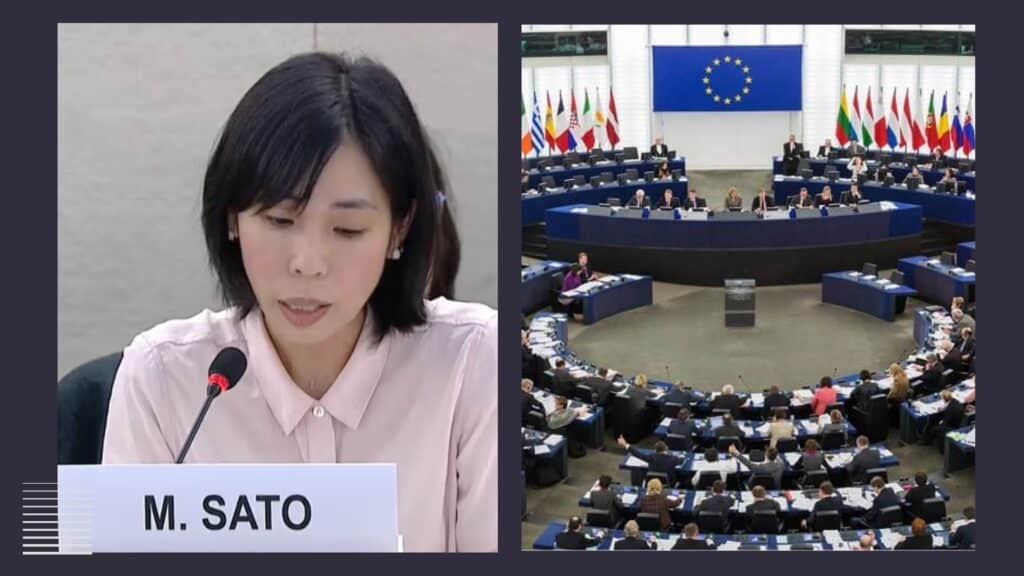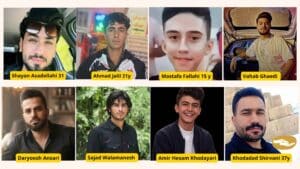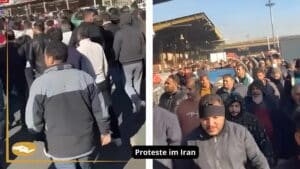Political Prisoners in Peril Amid Regional Tensions
In recent months, Iran has witnessed a dramatic escalation in executions, sparking growing concern and condemnation from international human rights bodies, scholars, and democratic institutions. With nearly 1,000 executions reported in 2024 alone, the Regime in Iran now ranks as the world’s leading executioner—a statistic that reveals a disturbing pattern of state violence used to suppress dissent and instill fear.
According to a recent report by the United Nations, most of these executions follow deeply flawed legal processes, often based on forced confessions and lacking access to independent legal representation. The use of the death penalty in Iran has increasingly become a political tool, targeting not only those accused of serious crimes but also activists, ethnic minorities, and peaceful protesters.
Strong International Condemnations
The European Parliament, in a resolution adopted on 19 June 2025, issued a strong condemnation of the Iranian regime’s ongoing use of the death penalty. The resolution calls for:
- An immediate moratorium on executions in Iran;
- The release of all political prisoners;
- The designation of the Islamic Revolutionary Guard Corps (IRGC) as a terrorist organization;
- Sanctions against individuals involved in executions and hostage diplomacy;
- And the urgent need for international diplomatic action to hold Tehran accountable.
Members of the European Parliament (MEPs) expressed particular concern over the case of Dr. Ahmadreza Djalali, a Swedish-Iranian academic facing imminent execution, demanding his immediate release and proper medical treatment.
📎 Read the full EU Parliament statement
In parallel, Dr. Mai Sato, a respected expert on criminal justice and the death penalty, released a public statement condemning Iran’s execution record. In a tweet that gained traction among human rights advocates, she emphasized that “no state should execute so brazenly and call it justice.”
I’ve been receiving troubling reports of transfer of prisoners from Evin Prison during and after Israeli attacks.
— Mai Sato (@drmaisato.bsky.social) (@drmaisato) June 25, 2025
The case of Ali Younesi is especially concerning. According to reports received, he was forcibly removed from Ward 4 of Evin, on June 18, and his family has had no…
Dr. Sato urged international bodies to intensify documentation efforts and initiate legal proceedings against Iranian officials responsible for what she described as “state-sponsored killings” aimed at silencing opposition.
Executions Amid War: Political Prisoners at Extreme Risk
The surge in executions comes at a particularly dangerous time. With increasing tensions and the risk of war in the Middle East, Iran’s authoritarian apparatus is leveraging the chaos of conflict to tighten its grip. Human rights experts warn that the current wartime environment may further shield the regime from international scrutiny, giving it a dangerous window of opportunity to escalate repression without consequence.
History has shown that during times of internal or regional crises, the Iranian regime tends to intensify its use of capital punishment and arbitrary detention. Presently, several political prisoners have been relocated under suspicious circumstances to high-security wards, and credible reports suggest that a new wave of secret executions may be underway.
Women’s rights activists, journalists, minority rights defenders, and student protesters are particularly vulnerable. Reports from inside prisons such as Evin, Rajai Shahr, and Zahedan indicate a sharp increase in threats of execution, torture, and denial of medical care.
Moreover, the parallels to past atrocities—most notably the 1988 prison massacres where thousands of political prisoners were executed in secret—are becoming increasingly hard to ignore. There is a genuine fear among families and international observers that a similar tragedy could unfold again under the cover of regional war.









